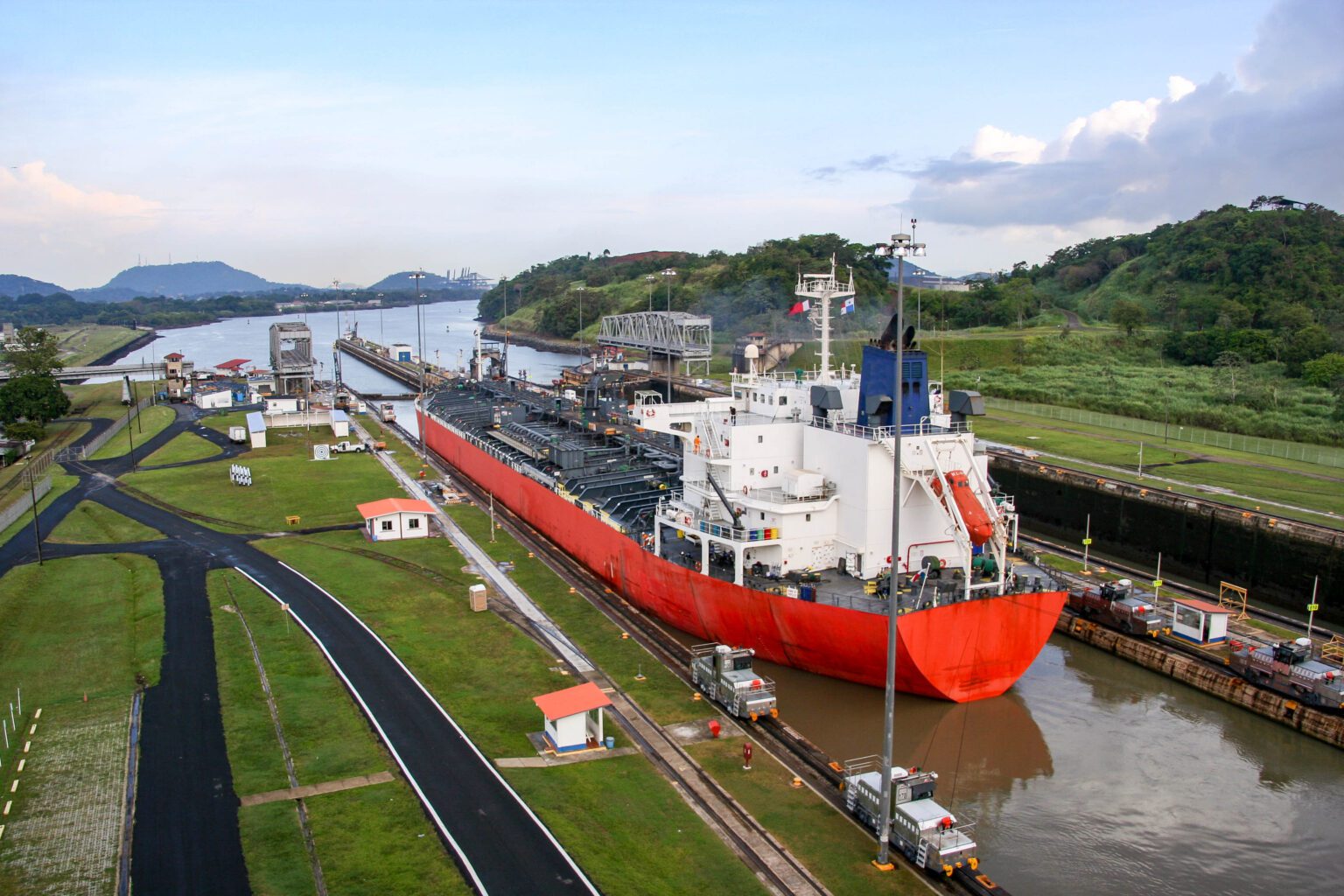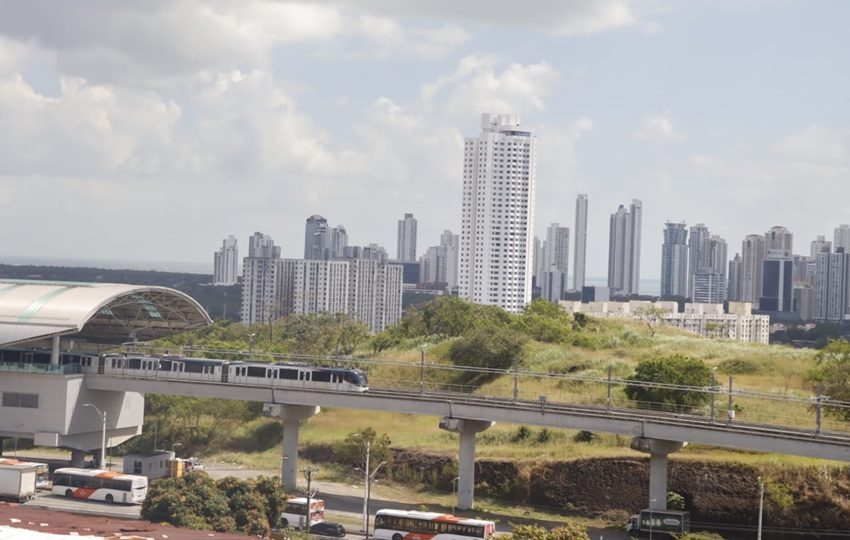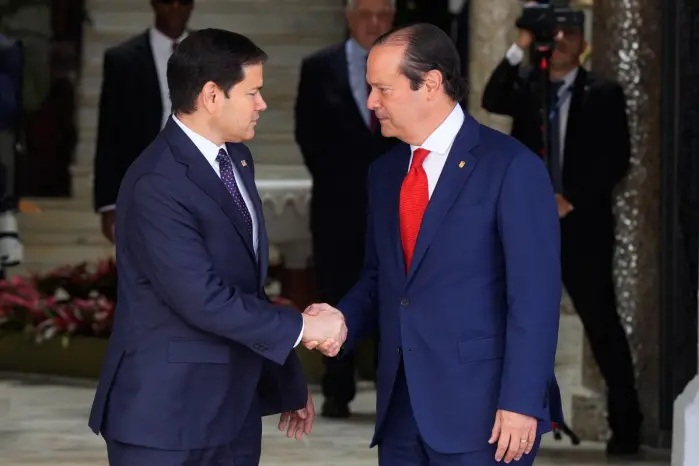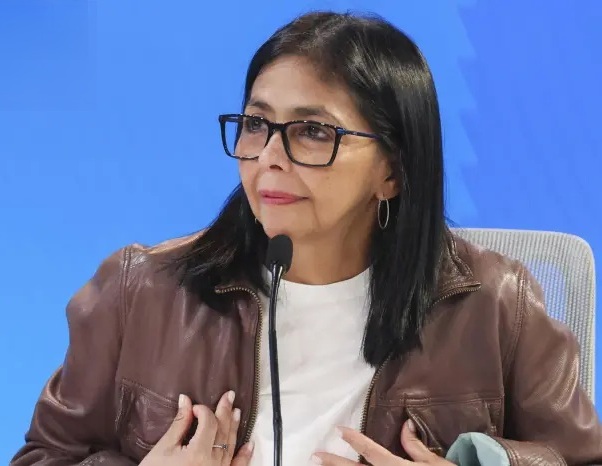Fake News, fake media in Panama campaigns

“FAKE NEWS was used in social media and election campaigns in Panama long before President Trump made the phrase part of his daily mantra.
Like the stories planted in US media outlets during the presidential elections, Panama’s slanted false coverage came from outside of the country but not from Russia but Valencia in Spain, and it was paid out of public funds says a Spanish investigation .
There was not only fake news, but fake publications.

Through telephone interceptions, the Spanish Government discovered a network of corruption operating in including , several contracts for promoting political campaigns, such as that of CD mayoral candidate Roxana Mendez, and presidential candidate Ricardo Martinelli.
In a letter sent to Panama in 2015, Spanish judge, Eloy Velasco, warned of contracts awarded to companies that were already identified in that country for paying bribes to officials to acquire contracts.
Public funds would be diverted to pay for political news in specially created fake digital media such as Tocumen Digital and Juan Díaz Press, run from Valencia Spain.
The virtual “ghost” media, as well as social networks put a favorable gloss on the policies, and statements, true or false, of Martinelli and Mendez
When ehe scam was uncovered, those involved who had planned t to establish themselves in Panama – tried to eliminate their Internet sites but La Prensa was able to track them.
At least four companies that were registered in Panama are linked by Spanish authorities to a network that would have used them to “distribute ” political propaganda through the internet with public funds from both nations.
Companies created included Novasoft Engineering, which was awarded almost half a million dollars in contracts with the Mayor of Panama between 2012 and 2014. Another company also got a contract for almost $14,000 for a “diagnosis of online media “.
In the investigation, which began in Spain in 2015, it is indicated that these companies used Eico On Line, SL and Madiva Editorial and Advertising, SL to improve the image of Roxana Mendez Ricardo Martinelli in the 2014 elections reports La Prensa.
Thecompanies belonging to Spanish businessman Alejandro de Pedro, were used to flood the internet With positive news through digital “ghost” publications : Río Abajo Press, Juan Díaz and Bella Vista, As well as Tocumen Digital and Ancón News.
La Prensa detected that the fake media were eliminated from the internet but also identified accounts on Twitter and Facebook which were operated from Valencia.
The Spanish authorities revealed that Alejandro De Pedro and his brother Adrian,had planned to settle in Panama along with their partners Francisco Granados, from Madrid, and José Alonso, former mayor of Cartagena, Murcia, Spain.





